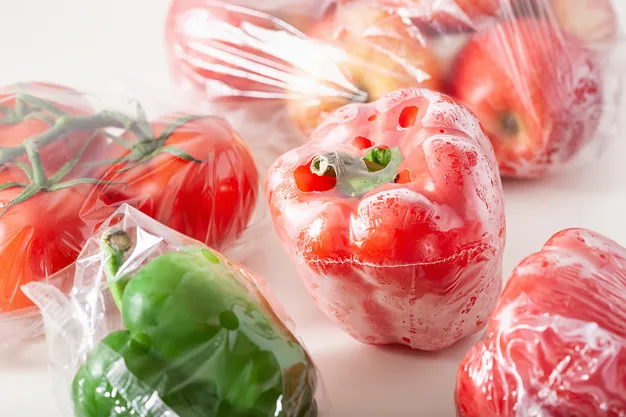After reviewing the content of the preliminary agreement of the Trilogue between the European Council, European Parliament, and Commission on the Packaging and Packaging Waste Regulation (PPWR), Freshfel Europe says they are baffled to see the escalation of policy incoherencies and the unfair discrimination towards fresh produce.

"In the current format, the PPWR will undoubtedly increase packaging waste, contribute to more food waste, generate logistical inefficiencies, increase carbon emissions, breach the functioning of the Single Market by allowing national provisions, and, above all, lead to a further decline of consumption. Freshfel urgently calls for amending the compromised text to safeguard the internal market and secure a feasible business environment for fresh produce."
Freshfel Europe reacts to the latest draft of the PPWR compromise with great astonishment and concern. "The PPWR proposal was an opportunity to avert the imminent fragmentation of packaging requirements across the Member States by harmonizing rules at the EU level. The fresh produce sector now fears an even more diverging and divided internal market."
Freshfel Europe's General Delegate Philippe Binard commented, "The compromise agreement on PPWR denatured the Regulation format of the proposal aiming to set common rules for the EU market. Unfortunately, the compromise on PPWR is shifting towards a 'Directive style' approach, tolerating a high level of subsidiarity allowing Member States to keep in place their national legislations."
While the compromise PPWR will allow exceptions to restrictions on plastic packaging for fresh produce, Member States will have the competence to draw their own national exception lists based on guidelines to be formulated by the Commission with the support of EFSA. This will cause a proliferation of national lists, with no list being the same as the other due to differences in diet cultures, product requirements, and trade patterns.
Binard explains that "not having a Union harmonized list of exempted products that could be packed in plastic packaging will deeply impact the distribution within the EU Single Market, especially but not only within border regions. When fresh produce is packed, the final destination is rarely known. As a result, fresh produce might have to be unpacked and re-packed in the supply chain, causing increased packaging waste and risking the quality of the product."
Freshfel Europe views this as an unnecessary greater environmental cost that will also trickle down to the end consumers, increasing the monetary cost.
Freshfel Europe deeply laments that the European PPWR compromise maintains a discriminatory status for fresh fruit and vegetables by upholding – though softening by limiting the restrictions to plastic packaging only – the concept set in the Commission proposal of restricting packaging for fresh fruit and vegetables by 2030.
Joanna Nathanson, Head of Sustainability and External Relations at Freshfel Europe: "The compromise goes against the European Parliament's position, which decided to remove this discrimination. No other food category is subject to similar restrictions."
For more information:
Freshfel Europe
Tel.: +32 (0)2 777.15.80
Email: info@freshfel.org
www.freshfel.org
